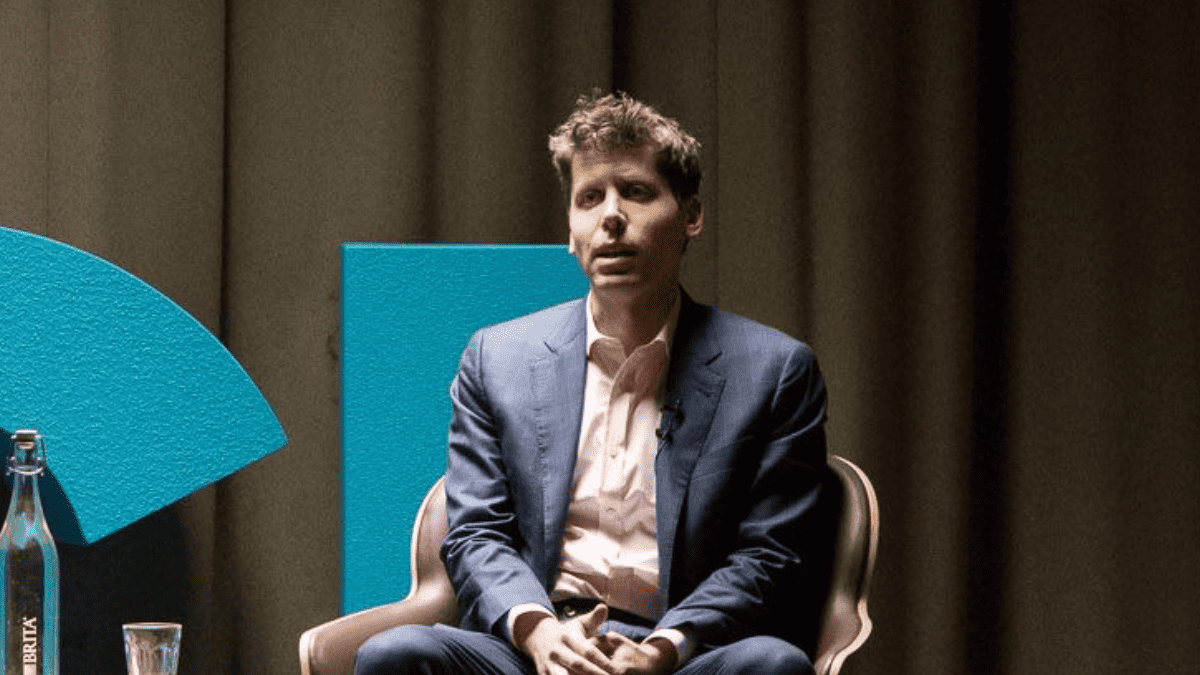ChatGPT should be 'much less lazy now,' says Sam Altman
2 min. read
Published on
Read our disclosure page to find out how can you help MSPoweruser sustain the editorial team Read more
Key notes
- ChatGPT users complained of the chatbot being lazy and refusing to complete tasks in late 2023.
- OpenAI CEO Sam Altman acknowledged the issue and said it was fixed with a software update in January.
- The exact cause of ChatGPT’s “laziness” is unclear, but it might be related to the training process of large language models.

ChatGPT has reportedly overcome its recent sluggishness after the company rolled out a software update, or at least, according to the CEO Sam Altman.
Concerns arose late last year when users encountered instances of the AI refusing to complete tasks or providing short, uninformative responses. Some resorted to creative methods to coax longer answers, like offering fake tips.
What is laziness in this context?
“Laziness” typically refers to the tendency of large language models to take shortcuts, avoid effort, produce low-quality outputs, and fail to engage in a deep understanding of challenging tasks.
OpenAI CEO Sam Altman acknowledged the issue, attributing it to the advanced GPT-4 “turbo” model. He humorously noted in a post, “Gpt-4 had a slow start on its New Year’s resolutions but should be much less lazy now.” The company released an update in January addressing the “laziness” problem.
The exact cause of ChatGPT’s slowdown remains unclear. AI models, including GPT-4, can exhibit unpredictable behavior due to the training process. Different runs can produce models with distinct personalities and quirks even with identical training data.
The funny bit is that one developer even speculated that ChatGPT might have been taking a “winter break,” as its responses were statistically shorter when it perceived itself to be in December, as reported by Business Insider.
The update addresses user concerns, while OpenAI hasn’t commented on the cause. Our readers should note that AI development is an ongoing process, and even advanced models like ChatGPT are subject to occasional hiccups.
Beyond the immediate issue of ChatGPT’s “laziness,” this episode highlights the broader challenges and complexities of AI development. Understanding and controlling the behavior of large language models remains a work in progress.
As AI technology continues to evolve, addressing these challenges will be crucial for ensuring its responsible and beneficial application.









User forum
0 messages